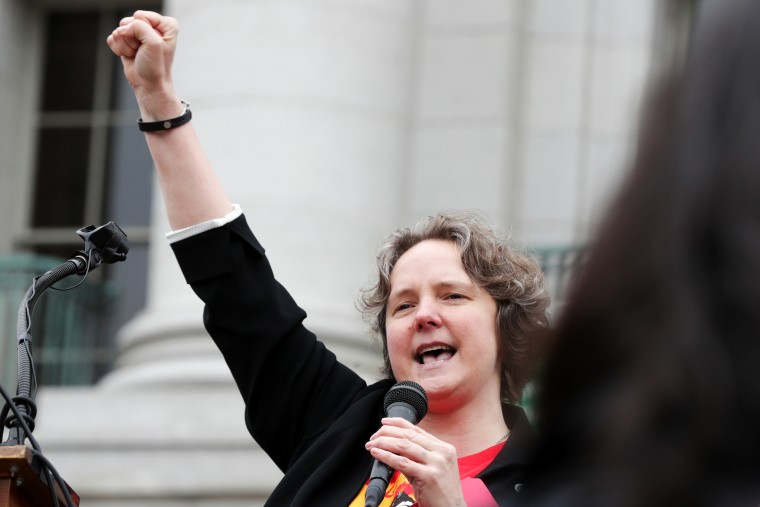
Cities Amplify Anti-Poverty Efforts: Free Cash Programs Take Off!
Great strides are being made to tackle poverty head-on in cities across the globe. A promising initiative that is gaining traction is free cash programs, which are emerging as a pivotal element in anti-poverty safety nets. These ambitious initiatives aim to boost living standards for low-income residents by offering a regular stream of income with no strings attached. This article aims to explore how various cities are implementing these strategies and the resulting impacts on poverty reduction.
In the United States, cities like Stockton, California have piloted free cash programs, famously known as Universal Basic Income (UBI). The Stockton initiative saw 125 residents receive $500 per month for two years without any requirement to work or prove social need. Mayor Michael Tubbs, who pioneered this project, reported that it shared some promising results. The many beneficiaries have used these funds wisely, predominantly on basic necessities such as food, clothing, and utility bills. Moreover, it led to a remarkable decline in unemployment rates and improved mental health amongst recipients.
Across the Atlantic, Finland also implemented a two-year national experiment offering 500 Euros to 2000 unemployed Finns each month. This initiative aimed to test whether providing a safety net could help alleviate stress, encourage financial independence and decrease unemployment. The program found that UBI recipients showed fewer signs of stress, depression, sadness, and loneliness than the control group.
Meanwhile, the Canadian city of Ontario launched a three-year basic income program offering below-average income earners an opportunity to learn and adapt to new skills without the financial stress. The program resulted in improved health, energy, housing stability and social relationships among beneficiaries whilst also enabling them to make new investments in their lives and develop new skills for better job opportunities.
On an even larger scale, Iran launched a nationwide unconditional Cash Transfer Programme targeting the entire population in 2011 to replace untargeted subsidies on basic commodities. The results were mixed – while poverty was reduced, inflation increased somewhat due to an increase in consumer spending.
One of the keys to the success of free cash programs is their unconditional feature. This guards against the poverty trap – the concept where those on low incomes are dissuaded from seeking employment as they would lose their benefits. Instead, the notion of no-strings-attached money guarantees an income alongside the opportunity for employment, education, or entrepreneurship, thereby helping break the cycle of poverty.
Furthermore, the implementation of these programs also challenges the stereotype that people living in poverty are likely to misuse funds given to them. Numerous studies

